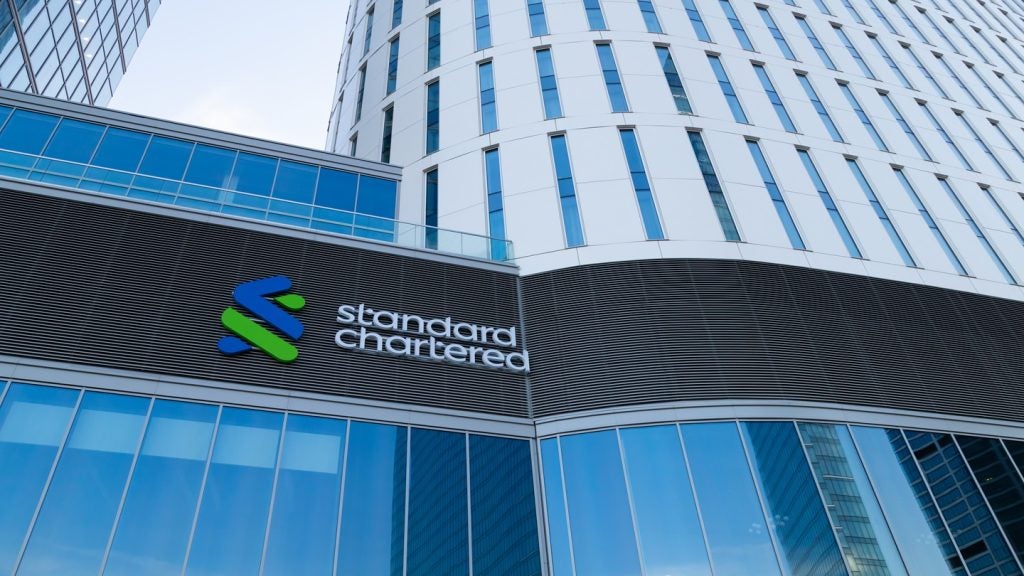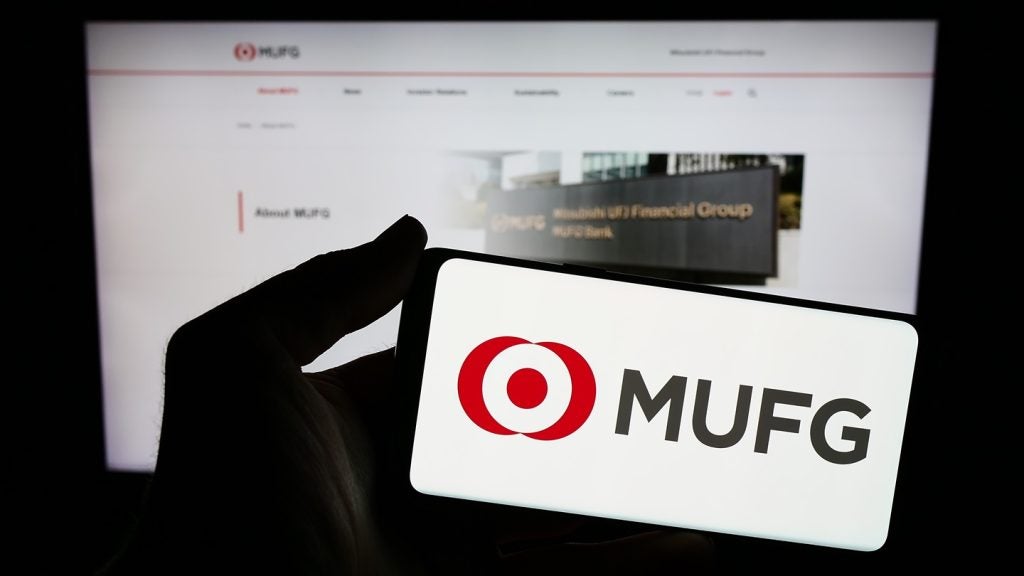results show the world’s leading private banks have emerged largely
unscathed from the doom and gloom that has characterised 2008 thus
far, though UBS remains an unsteady beacon at the top of the
pile.
Though UBS does not report until 6 May, asset write-downs of $37.5
billion have severely damaged the bank’s reputation, not least in
its home market. Chief executive Marcel Rohner has admitted the
wealth management arm saw outflows of new money in Switzerland,
though better performance elsewhere meant global flows remained
positive.
While assets under management have been hit by market volatility,
and earnings by the global slowdown, the fear of significant asset
outflows from private banks has not materialised. Yet write-downs
are still stealing the headlines at UBS’s competitors – leading to
many CEOs pointing to their private banking divisions as a source
of strength.
Merrill Lynch took a $6.5 billion hit on subprime and other assets
but saw net inflows of $4 billion in its wealth management
division, boosting net revenues by 8 percent to $3.6 billion.
Similarly, Credit Suisse reported a CHF2.1 billion ($2.03 billion)
net loss and CHF5.3 billion in net write-downs for the first
quarter, but its wealth unit nonetheless saw net inflows of 13.5
billion over the same period. While these inflows remained down at
both Merrill and Credit Suisse in comparison to quarter one 2007
figures, the pair still appear well positioned in comparison to
their main rival.
Citigroup, meanwhile, wrote down a cumulative $16 billion and
posted a $5.1 billion loss, but saw net revenue in its global
wealth management division rise by 16 percent to $3.2 billion, with
a nine percent rise in client business volumes within the private
banking unit. However, Citi also revealed that net income in the
wealth division fell by some 33 percent year-on-year. Schroders
managed to buck the trend and post a 19 percent annual rise in
quarter one private banking income, up to £27.4 million ($54.5
million) from £23.1 million, with profit before tax rising by 45
percent to £10.9 million.
How well do you really know your competitors?
Access the most comprehensive Company Profiles on the market, powered by GlobalData. Save hours of research. Gain competitive edge.

Thank you!
Your download email will arrive shortly
Not ready to buy yet? Download a free sample
We are confident about the unique quality of our Company Profiles. However, we want you to make the most beneficial decision for your business, so we offer a free sample that you can download by submitting the below form
By GlobalDataJP Morgan, widely perceived as a safe haven in recent months, saw
private bank revenue increase by 17 percent to $655 million. The
bank did not reveal net new money inflows but they are thought to
be more than double the $4 billion seen at Merrill. At Bank of
America, the acquisition of US Trust and LaSalle helped boost
assets under management to $607 billion, but profit fell from $491
million to $228 million year-on-year.
Back in Switzerland, suspicions that the Geneva-based pure-play
private banks would benefit from the troubles of their larger
competitors appear to have been confirmed by research from data
provider Lipper. The group’s research into the Swiss fund
management industry has shown that privately-owned banks such as
Pictet have made significant inroads into the market shares of UBS
and others.







